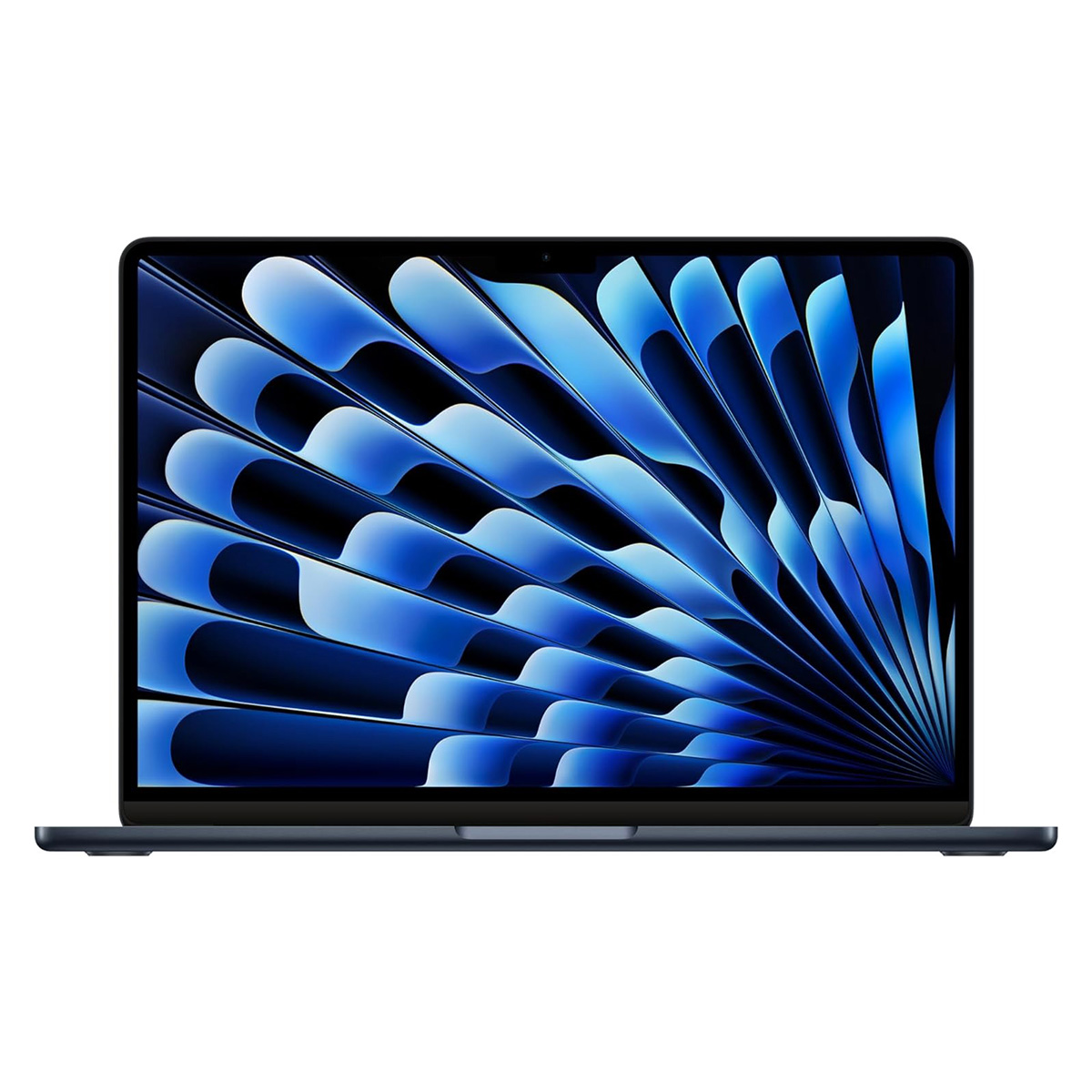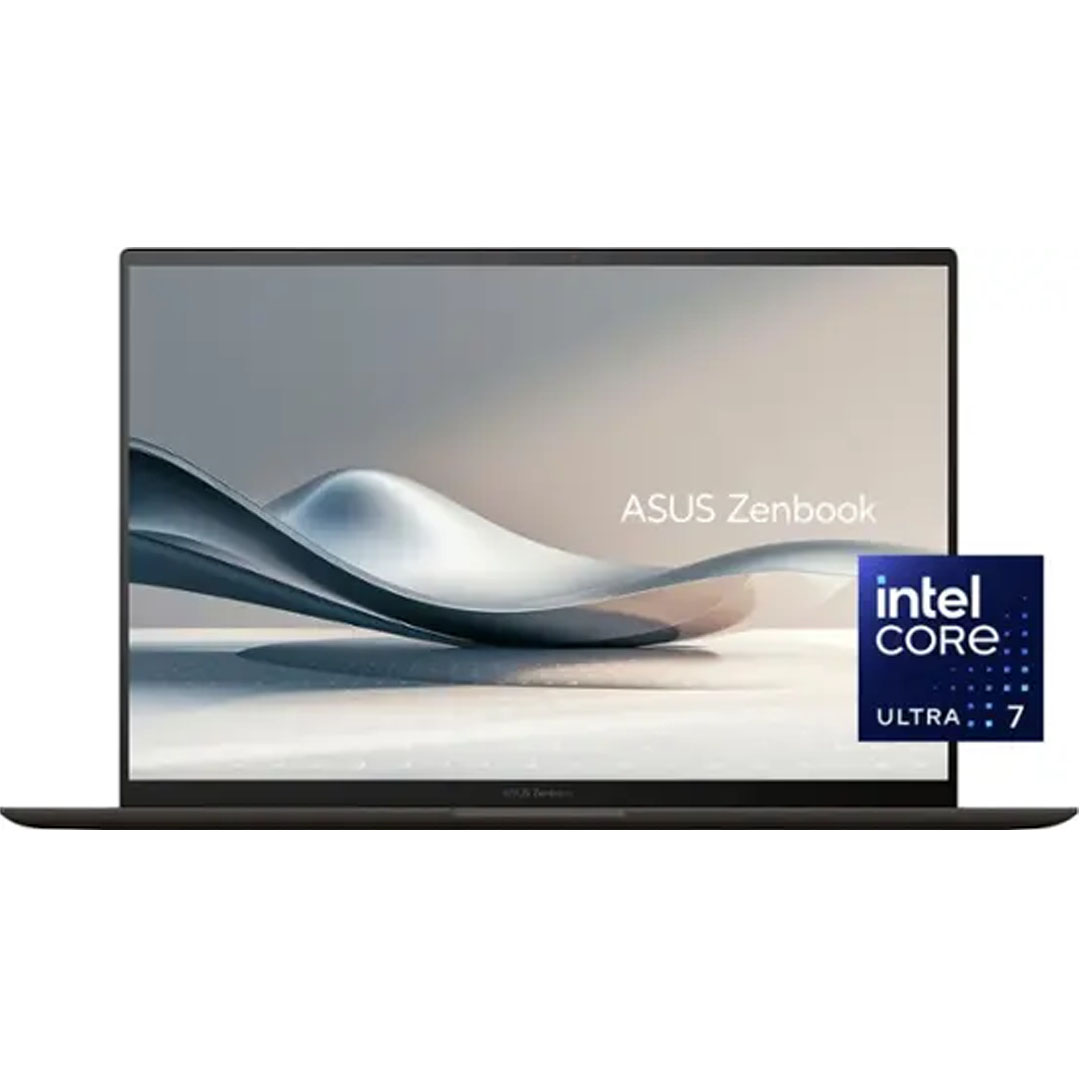On April 20, 2023, Imran Chaudhri took the stage at the Vancouver Convention Center. Just a few minutes into his TED Talk on the future of technology, Chaudhri answered a call from his wife… without touching a phone.
This was the first public demo of the Humane AI pin. which was stealthily tucked away in Chaudhri’s shirt pocket. After a round of applause, Chaudhri laid out his vision for the audience.
“My wife, Bethany, and I, and our entire company at Humane, have been working to answer the question of what comes next. And you may ask yourself ‘Why, why would anybody do this?’ It’s because we love building technology that genuinely makes people’s lives better.”
When you watch Chaudhri bring the Humane AI pin to life for the first time, it’s hard not to feel a little inspired. It’s clear he and his team truly believe in their product and all of the innovation and creativity that went into it.
However, If there’s one hallmark of the tech world, it’s seeing grand promises about a product that will reshape the industry. Unfortunately, for Chaudhri, those promises rarely pan out.
That’s not the whole story, though. Despite its flaws, Humane did try something new. Even if its execution had its issues, the attempt at innovation revealed a crucial lesson about the realities of AI devices — and why they struggled to beat the smartphone.

The Humane AI pin promised innovation, but stumbled off the starting line
Humane was founded in 2018 by husband and wife duo, Imran Chaudhri and Bethany Bongiorno, both former Apple employees. On November 9, 2023, five years after founding Humane, they announced their first product, the AI Pin, a wearable AI-powered badge designed to transcend the smartphone.
From Chaudhri’s TED Talk to Humane’s launch video for the pin, they promised a stylish, capable device that could act as a privacy-conscious AI assistant, a camera, and a communication device rolled into one.
The pin is a tiny square small enough to fit in your palm. It does not have a screen and does not need to be tethered to a smartphone. In fact, it was supposed to replace your phone altogether.
Through the cloudy vapor of marketing hype, the AI Pin looked and sounded the part. Their vision for the pin was exciting and its design is stylish. It even won a Red Dot award for Best Innovative Product.
Humane’s presentations and promises had set expectations sky-high — which is possibly why reviewers and everyday users alike were not happy when they finally got their $699 AI pins almost a year later on April 11, 2024.
Reviews began pouring in, and the consensus was grim. The Washington Post called the pin “a promising mess you don’t need,” and Marques Brownlee, maybe the most influential tech voice on the planet, titled his YouTube review “The Worst Product I’ve Ever Reviewed.”
Straight from launch, the Humane AI pin suffered from a litany of problems. The AI assistant frequently answered questions incorrectly and could not complete basic tasks like setting a timer.
It requires its own cellular connection, which requires a $24 per month subscription. That separate cellular connection also meant that any texts or calls from the pin were from a separate number from your phone, which makes communication clunky, to say the least.
By August 2024, returns of the AI pin hit $1 million, and just a couple of months later, the pin’s charging case had to be recalled due to a lithium battery fire hazard.

Lessons learned: Humane’s pivot to software with CosmOS
Beyond all of its flaws, the one overarching reason the Humane AI pin can’t replace users’ smartphones is that, despite its claims, it simply wasn’t better than a smartphone.
The pin tried to do virtually everything a phone does, but in a creative, quirky form factor that isn’t as robust or capable. Even if the pin’s only feature was its AI assistant, everyone already has access to countless alternatives through smartphone apps, many of which are completely free.
Ultimately, the Humane AI pin is a pricey product that could have been an app, a theme we’ve witnessed throughout 2024, with AI wedged into a litany of products, seemingly without any justification.
It seems like Humane may have learned from the pin’s failure, too. On December 4, 2024, the company announced CosmOS, an AI-powered operating system they hope other brands will use in their devices.
Laptop Mag tried several times to contact Humane AI about its goals for the future, but the company did not respond to requests for comment on this story
The pivot to software could be a winning strategy. After all, OpenAI, which owns ChatGPT, solely focuses on software, including the most popular AI platform in the world. Likewise, Apple is amping up its AI game simply by adding a new AI platform to its existing device line-up.
As exciting as innovative hardware is, it doesn’t appear to be the key to success in AI. Users want AI to come to the products they already love and are familiar with, not from companies that demand new hardware purchases from them.
Whether Humane’s AI operating system will rise from the ashes of its pin and find a foothold with users remains to be seen. It looks like Humane doesn’t have any partners locked in yet since all of the products seen in the CosmOS trailer are blurred out, including a smart speaker and a car.
However, seeing a brand like Humane listen to its users and learn from its mistakes gives us hope for the future of consumer AI tech.

If you’re anything from an AI enthusiast to the average AI tinkerer (or simply seeking out some of the additional features offered through Windows Copilot+ PCs or Apple Intelligence on Macs), then you’ll need a powerful and performative laptop to keep up to speed with your needs.
At Laptop Mag, we review laptops year-round to ensure we’re giving you expert-backed and up-to-date recommendations on which notebook is right for you. When it comes to the best AI PC category, our top picks are the excellent Asus Zenbook S 14 (UX5406) for Windows users and the impressive Apple Macbook Air M3 for those running macOS.
So, if you’re shopping for a new laptop and looking to invest in an AI PC (or just a great laptop in general), check out our current top-tier picks below.

We love the MacBook Air 13 M3. Starting at just $1,099 (MSRP), with education pricing dropping to $999 (MSRP), the Air is a laptop we can recommend for just about any purpose. It’s affordable, especially by Apple standards, and it features an excellent keyboard, fantastic performance, and outstanding endurance (over 15 hours of battery life), which makes it a great laptop for just about anyone’s needs, especially those interested in getting to grips with all of the latest Apple Intelligence features.

The Asus Zenbook S 14 (UX5406) has quickly become our favorite AI PC laptop of the year, offering all the hallmarks of a great buy, including exceptional performance and battery life. This laptop is one of the first to feature an Intel Core Ultra 200V series processor and at just $1,499 (MSRP), you get a fantastic balance of power, a stunning 14-inch OLED display, effortless multitasking, NPU-enhanced performance for AI tasks, and all of the additional Copilot+ features available with Windows 11.





